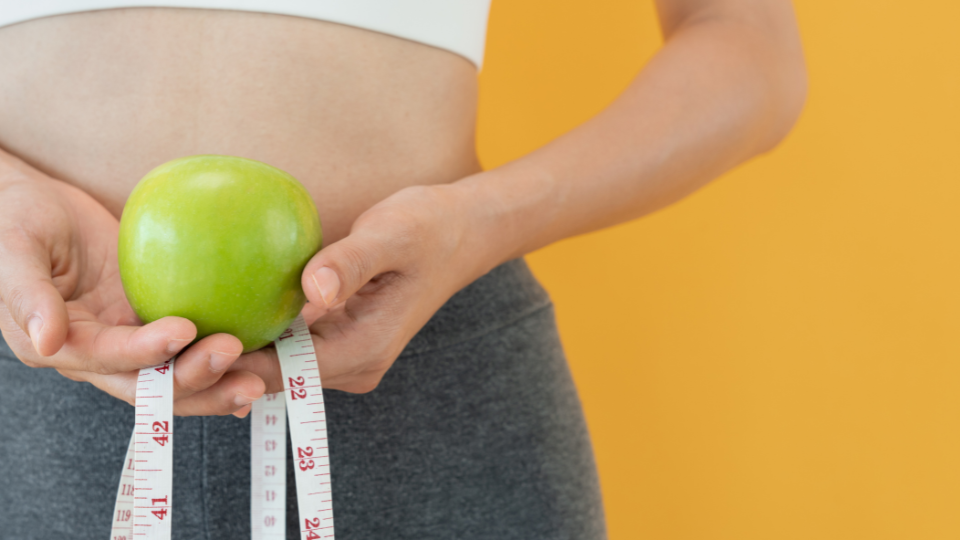What to Do During Your Period
Periods can be challenging, but there are several strategies you can employ to manage discomfort and maintain your well-being during menstruation. Here’s a comprehensive guide on what to do during your period to help you feel more comfortable and balanced.
1. Manage Menstrual Cramps
Menstrual cramps are a common discomfort during periods. To ease the pain:
- Heat Therapy: Apply a heating pad or hot water bottle to your lower abdomen. Heat can help relax the muscles of the uterus and reduce cramping.
- Over-the-Counter Pain Relief: Nonsteroidal anti-inflammatory drugs (NSAIDs) like ibuprofen or naproxen can help relieve cramps and reduce inflammation.
- Gentle Exercise: Light physical activity, such as walking or yoga, can increase blood flow and release endorphins, which act as natural pain relievers.
- Hydration: Drink plenty of water to stay hydrated, as dehydration can make cramps worse. Herbal teas like ginger or chamomile can also soothe discomfort.
2. Maintain a Balanced Diet
Eating a balanced diet can help you feel better during your period:
- Iron-Rich Foods: Menstruation can lead to a loss of iron, so incorporate iron-rich foods like spinach, lentils, and red meat to prevent fatigue.
- Calcium and Magnesium: Foods high in calcium and magnesium, such as dairy products, almonds, and leafy greens, can help reduce muscle cramps and bloating.
- Avoid Excess Sugar and Salt: Too much sugar can lead to energy spikes and crashes, while excess salt can cause water retention and bloating.
3. Stay Active
While you might not feel like exercising during your period, staying active can have several benefits:
- Improved Mood: Exercise boosts the production of endorphins, which can help reduce feelings of irritability and depression.
- Reduced Bloating: Physical activity can help alleviate bloating by encouraging the movement of fluids through your body.
- Enhanced Circulation: Regular movement can improve circulation, which may help reduce cramps and discomfort.
4. Practice Good Hygiene
Maintaining hygiene during your period is essential for comfort and preventing infections:
- Change Menstrual Products Regularly: Whether you use pads, tampons, or menstrual cups, change them every 4-8 hours to prevent odor and the risk of infection.
- Use Unscented Products: Scented products can irritate the sensitive skin in the vaginal area, so opt for unscented pads, tampons, or wipes.
- Shower Daily: A warm shower can help you feel refreshed and soothe menstrual cramps.
5. Get Plenty of Rest
Periods can be physically draining, so it’s important to prioritize rest:
- Sleep: Aim for 7-9 hours of sleep each night. Restful sleep can help your body recover and reduce fatigue.
- Naps: If you’re feeling particularly tired, short naps during the day can give you an energy boost.
- Relaxation Techniques: Practice relaxation techniques like deep breathing, meditation, or listening to calming music to help manage stress and improve sleep quality.
6. Manage Mood Swings
Hormonal changes during your period can lead to mood swings. Here’s how to manage them:
- Mindfulness and Meditation: Practicing mindfulness or meditation can help you stay grounded and reduce anxiety.
- Journaling: Writing down your thoughts and feelings can be a therapeutic way to process emotions and relieve stress.
- Social Support: Talk to friends or family members who understand what you’re going through. Sometimes, simply sharing your feelings can make you feel better.
7. Stay Hydrated
Proper hydration is key to reducing bloating and staying energized during your period:
- Drink Water: Aim for at least 8 glasses of water a day to stay hydrated.
- Herbal Teas: Herbal teas like peppermint, chamomile, or ginger can help soothe menstrual discomfort and keep you hydrated.
8. Try Relaxation Techniques
Relaxation techniques can help manage both physical and emotional symptoms:
- Breathing Exercises: Deep breathing exercises can reduce stress and help alleviate cramps.
- Yoga: Gentle yoga poses, such as Child’s Pose or Cat-Cow, can help stretch the lower back and relieve tension.
- Massage: A gentle self-massage on the lower abdomen can help ease cramps. Use circular motions and apply light pressure.
9. Track Your Cycle
Tracking your menstrual cycle can help you better understand your body and prepare for your period:
- Use an App: There are many apps available that can help you track your period, symptoms, and ovulation.
- Note Symptoms: Keep a journal of any physical or emotional symptoms you experience. This can help you identify patterns and manage symptoms more effectively in the future.
10. Seek Medical Advice When Needed
While most menstrual symptoms are manageable, it’s important to consult a doctor if you experience any of the following:
- Severe Pain: If your menstrual cramps are so severe that they interfere with your daily life, it could be a sign of a condition like endometriosis or fibroids.
- Heavy Bleeding: If you’re soaking through a pad or tampon every hour for several consecutive hours, you may have menorrhagia, a condition characterized by abnormally heavy periods.
- Irregular Periods: If your periods are consistently irregular or you’ve missed several periods, it’s important to seek medical advice to rule out any underlying conditions.
Keep in Mind
Every woman’s period experience is unique, and what works for one person may not work for another. It’s important to listen to your body, practice self-care, and seek medical advice when necessary. By managing your symptoms and maintaining a balanced lifestyle, you can navigate your period with greater comfort and ease.





